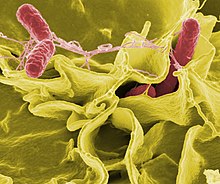Policy

Legal definition
Some countries list a legal definition of food, often referring them with the word foodstuff. These countries list food as any item that is to be processed, partially processed, or unprocessed for consumption. The listing of items included as food includes any substance intended to be, or reasonably expected to be, ingested by humans. In addition to these foodstuffs, drink, chewing gum, water, or other items processed into said food items are part of the legal definition of food. Items not included in the legal definition of food include animal feed, live animals (unless being prepared for sale in a market), plants prior to harvesting, medicinal products, cosmetics, tobacco and tobacco products, narcotic or psychotropic substances, and residues and contaminants.
Right to food
Food security
International aid
Food aid can benefit people suffering from a shortage of food. It can be used to improve peoples' lives in the short term, so that a society can increase its standard of living to the point that food aid is no longer required. Conversely, badly managed food aid can create problems by disrupting local markets, depressing crop prices, and discouraging food production. Sometimes a cycle of food aid dependence can develop. Its provision, or threatened withdrawal, is sometimes used as a political tool to influence the policies of the destination country, a strategy known as food politics. Sometimes, food aid provisions will require certain types of food be purchased from certain sellers, and food aid can be misused to enhance the markets of donor countries. International efforts to distribute food to the neediest countries are often coordinated by the World Food Programme.
Comments
Post a Comment